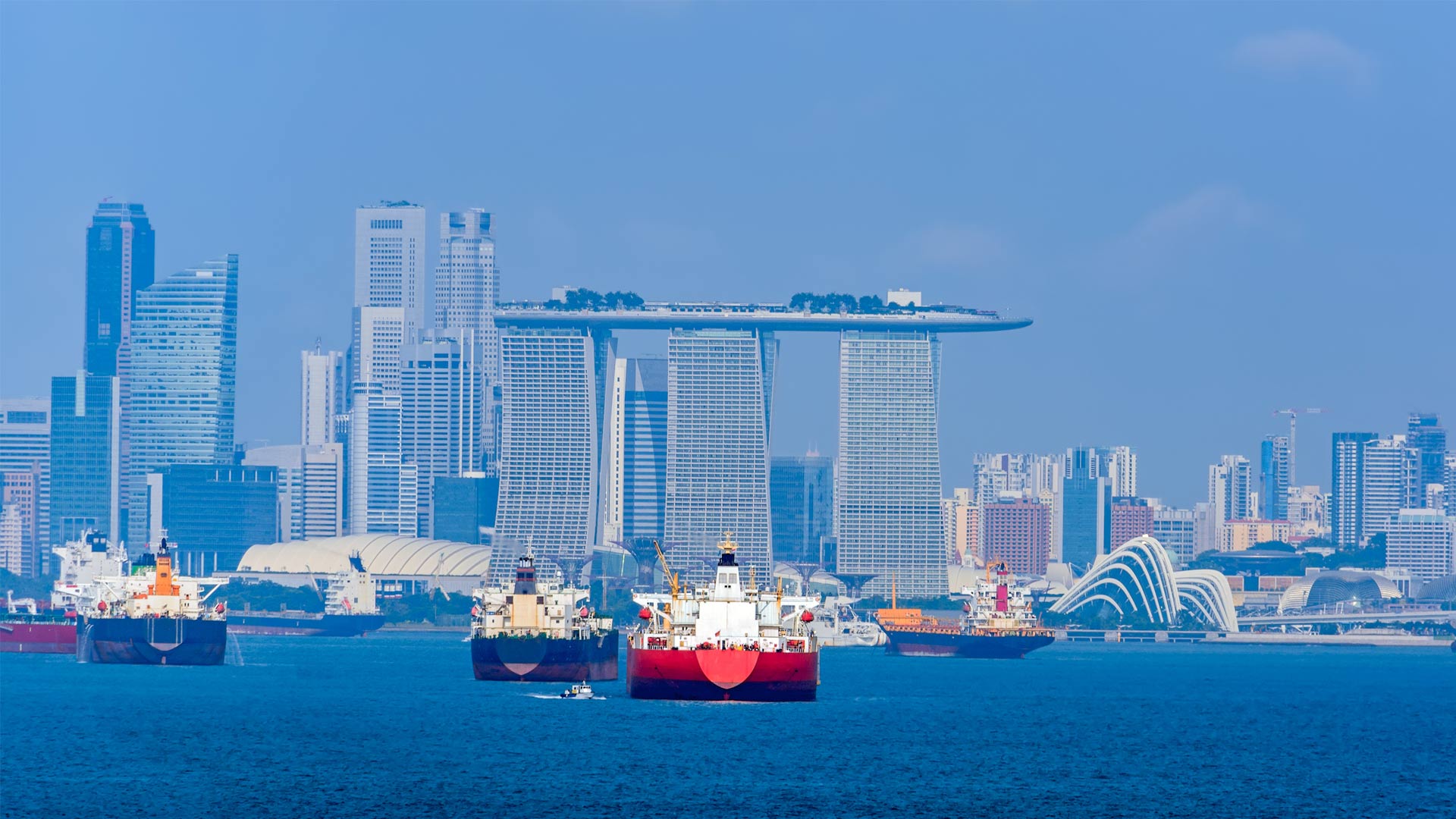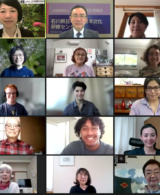Dr David Skilling: Key takeaways for businesses in a fragmented global system

“The world is still a prosperous market, and we are fortunate to be close to the Asia-Pacific. ASEAN is a huge and growing market and there is huge opportunity out there despite the challenges.”
Stakeholder pressures, risk exposure to countries with geopolitical tensions, global trade split by values and supply chain disruption – these are some of the challenges confronting governments and businesses in a fragmented global system according to Dr David Skilling.
Dr Skilling, founding director of the Netherlands-based Landfall Strategy Group, was giving his take on the impact of accelerating global economic fragmentation in the wake of Russian invasion of Ukraine at a webinar organised by Southeast Asia Centre of Asia-Pacific Excellence (SEA CAPE) and Asia forum on 4 May.
The online event, moderated by SEA CAPE director, Professor Siah Hwee Ang, attracted over 40 participants from the academic, business, government and diplomatic community. Dr Farib Sos, the executive director of the Asia Forum Executive Committee also gave welcoming remarks to the speaker and participants.
Titled “The end of the beginning”, Dr Skilling began with his take on how the Russian invasion has crystallised tensions and challenges to the economic and political rules-based system for the West.
“For North America, Europe, Australasia and some countries in Asia, economic engagement is no longer a tool of political engagement”, he said.

He pointed to the “unexpectedly strong but not waterproof” sanctions on Russia to get it back to a rules-based global system that reflected trends that were already underway prior to the invasion.
“What we are going to see is an acceleration of the fragmentation process in the global economy”, he said, citing the Trump trade wars and decoupling from China in the West to become more self-sufficient.
The aggressive response from small countries like Singapore due to their acute exposure to the global economy is also a reminder of the stakes at play as global flows become disrupted.
Impact on decoupling from China
With the division in the global economic system, Dr Skilling warned that investment flows are going to be increasingly conditioned by values, in what he called “values-based globalisation”.
For Asia-Pacific countries like New Zealand and Singapore, the real concern with decoupling is that relations could go more deeply wrong between the West and China, and the risk of more serious sanctions being imposed on China has escalated quite highly if it crosses the line.
In supply chains, there is going to be increased questioning both by countries but also by firms, in terms of what is the appropriate level of China exposure that we want. Is China a reliable or risk-free counterparty?
He added that pressure from stakeholders like customers, staff, investors and the general public has become more powerful, as experienced by multinational companies in Russia.
In the question-and-answer session, he addressed a series of questions ranging from the likelihood of a World War Three, the potential for US position change after the midterm elections to China being caught by sanctions on Russia and economic decoupling between the West and China as a practical business reality.
He pointed to diversification in the form of China plus one or two, recalibration of risk portfolios by firms and regular surveys on public attitudes towards China and other countries as responses to be undertaken by companies over time.
Despite China being a big market, some firms are still moving out of China to Vietnam and elsewhere, largely due to economic reasons such as huge labour costs and reduced opportunities there, but also because of considerations for supply chain disruptions and diversification.
On his advice for New Zealand small and medium enterprises, it would be to navigate supply chain disruptions and not expose oneself to geopolitical risk inadvertently.
New Zealand has a good, trusted brand that needs to be built on and grow internationally.
“Go global remains the best advice for New Zealand SMEs and New Zealand in general”, he added.
Dr David Skilling writes on global economic and political issues from a small advanced economy perspective at davidskilling.substack.com







